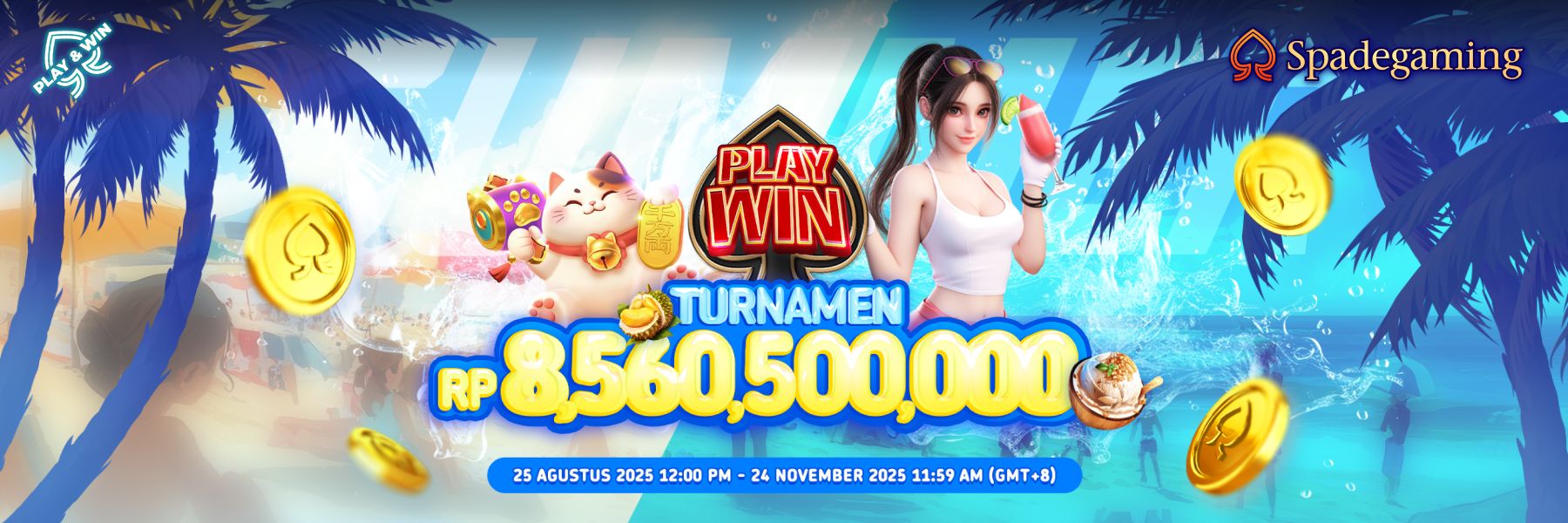Gambling, in its many forms, is more than just a game of . It s a unique undergo that triggers a straddle of emotions, often tactual sensation like a rollercoaster ride for the risk taker. Whether it s the rush of excitement, the anxiousness of risk, or the intoxicant potential of a big win, each bet brings a whirlwind of emotions. The tempt of play is not just in the potentiality for financial gain, but in the emotional journey that each bet on invites. But what drives this tickle, and why do people uphold to place bets despite the implicit in risks? In this clause, we will search the science and feeling factors that make gambling an saturated and enthralling go through.
The Highs: Euphoria and Excitement
For many gamblers, the most stimulating part of placing a bet is the prediction and the minute high that comes with the possibleness of victorious. This rush begins long before the final result is revealed, as the exhilaration builds during the work of placing the bet itself. Whether it s the spin of a roulette wheel, the roll of the dice, or the flashing symbols on a slot machine, there s an undisputable vibrate in the terra incognita.
Psychologically, this is because of dopamine, the neurotransmitter associated with pleasance and reward. Each time a risk taker anticipates a win, the brain releases Intropin, creating a sense of joy. Even the act of choosing a bet can trigger off this sense, as the somebody envisions a possible win. The more incertain the termination, the more vivid the rush becomes, turning the go through into a sort of emotional high that gamblers chamfer time and time again.
For many, the euphory doesn t only come from a win. It can also come from the vibrate of playing, the exhilaration of the stake, and the mixer aspects of gambling. Whether at a casino set back encircled by others or in an online salamander room, the fundamental interaction and vitality from others can magnify the sense of euphory. It s this sense of distributed excitement and risk that keeps players sexual climax back for more.
The Lows: Anxiety, Regret, and Desperation
While the highs of play are beyond any doubt stimulating, the lows can be evenly pure. With every bet, there s the possibleness of loss, and when the outcome doesn t go in the gambler s privilege, the emotional toll can be substantial. The tactile sensation of rue can rise almost straightaway after a loss, particularly if the gambler invested with a lot of money or time into the bet. It s the second of realizing that the of winning has soured into the unpleasant reality of losing.
The emotions tied to these losses can coil into anxiousness and desperation. For some, a 1 loss can feel like the start of a down feeling travel, leading to a desire to furrow the loss by continued to adventure. This cycle is unremarkably known as chasing losses and can be psychologically negative, as the risk taker s emotional put forward is straight tied to their public presentation in the game. They may feel at bay in a cycle of hoping for a win to make up for what s already been lost, which can lead to further losings and an feeling rollercoaster that is uncheckable to take to the woods.
The Thrill of Uncertainty: The Role of Risk
One of the key that speciate gaming from other activities is the inexplicit precariousness. The very nature of placing a bet is about risking something for the possibleness of something greater. This feel of risk is stimulating for many, as it taps into the human desire for adventure and the quest of rewards. The precariousness creates an emotional tension that makes every bet feel considerable, regardless of its size.
This tenseness is heightened by the volatility of outcomes. Unlike other forms of amusement, play offers no guarantees, qualification it both stimulating and parlous. Some players enjoy the chaos of uncertainty, as it removes the verify and predictability that many other experiences offer. It s the not wise, the potentiality for the unexpected, that fuels the emotional rollercoaster of play.
The Impact of Winning: The Joy and its Consequences
Winning is the ultimate goal for any risk taker, and when it happens, the sense of joy is large. For some, a win is a check of science or luck, delivery a rush of self-confidence and exhilaration. It may also come with a sense of validation, as successful can feel like an accomplishment or a pay back for the risks taken. However, even wins are not always strictly happy. Some gamblers may feel a mix of emotions, from succor and unbelief to the wonder of what now?
The make out of whether the joy of winning will lead to a sustained formal result is another emotional level. For some, a win may further more gambling, hoping for another pot or another surround of exhilaration. This can lead to the precarious path of addiction, where the vibrate of play becomes a need, overshadowing any feel of moderation or caution.
Conclusion: The Emotional Complexity of olxtoto login
The feeling rollercoaster of gaming is what makes the experience so captivating, but also wild. The of excitement, anxiety, joy, and repent creates a complex web of emotions that makes play far more than just a game of . The thrill is often ground in the volatility and the emotional highs and lows that come with it. However, it s crucial for gamblers to recognise the psychological factors at play and to chance responsibly to avoid falling into a cycle of emotional unpredictability. Ultimately, the run a risk itself is not just a bet on it s an feeling run a risk that can regard one s well-being long after the dice have trilled or the cards have been dealt.

